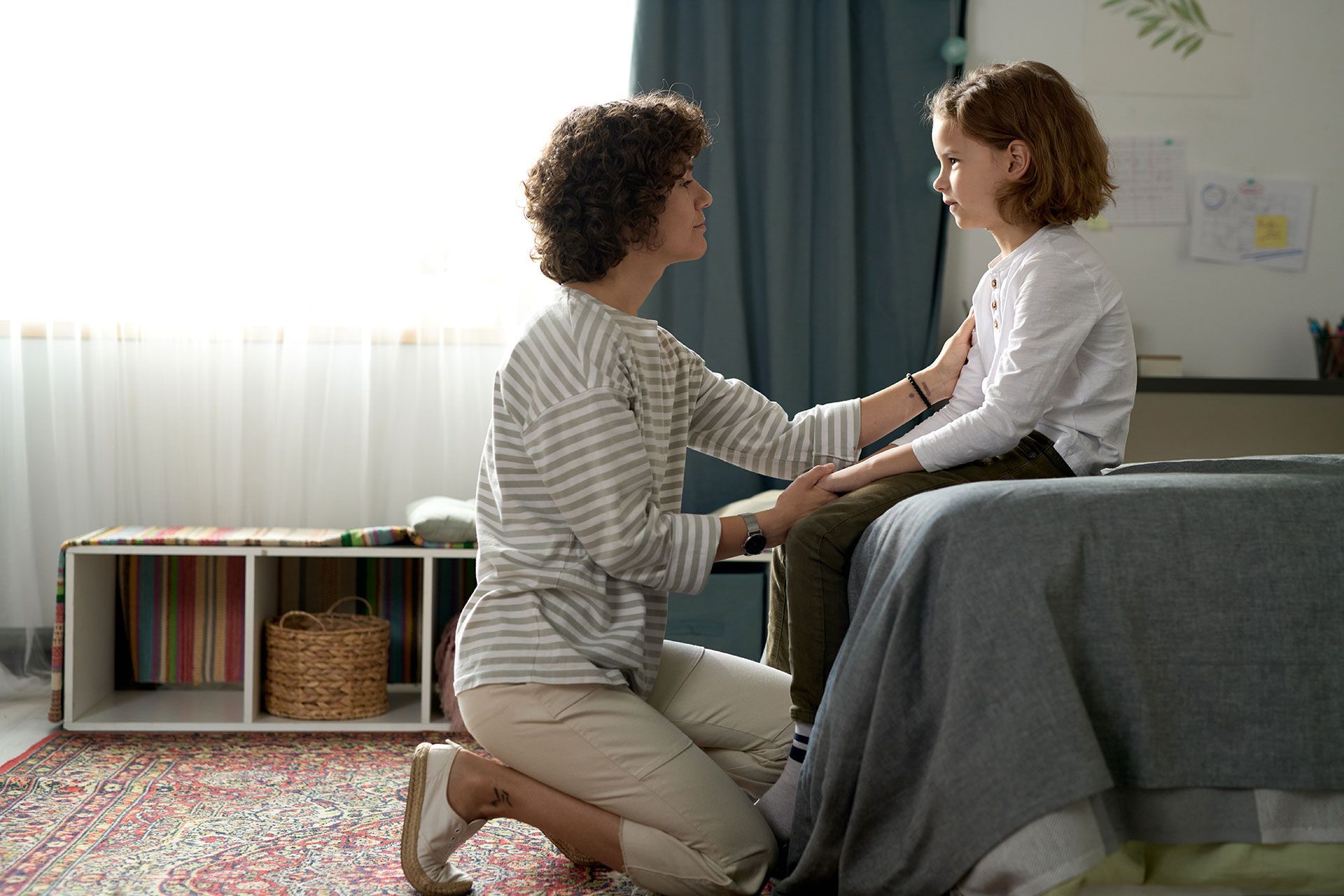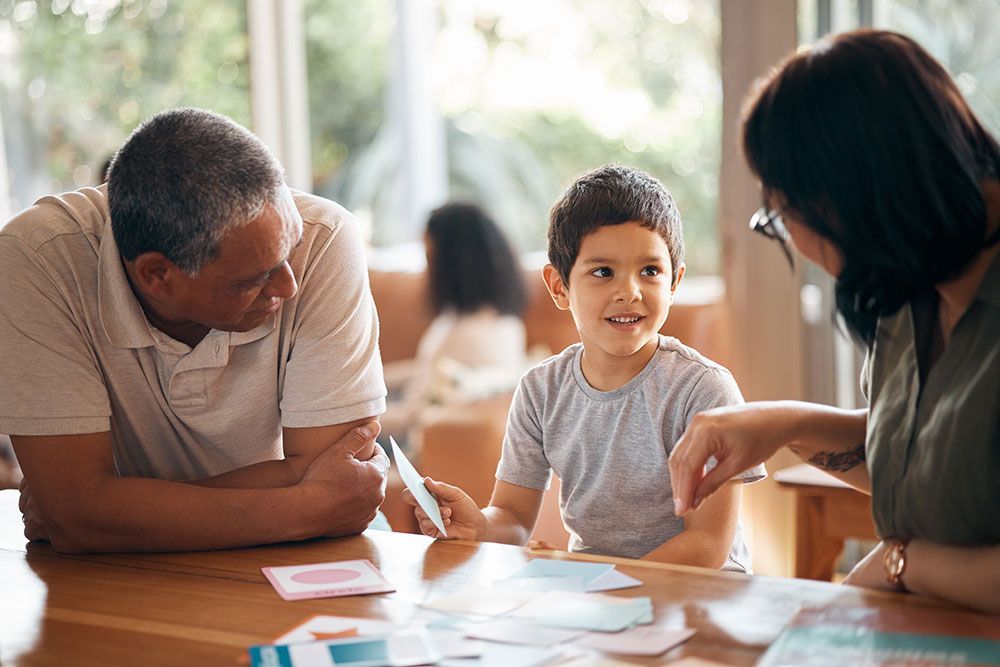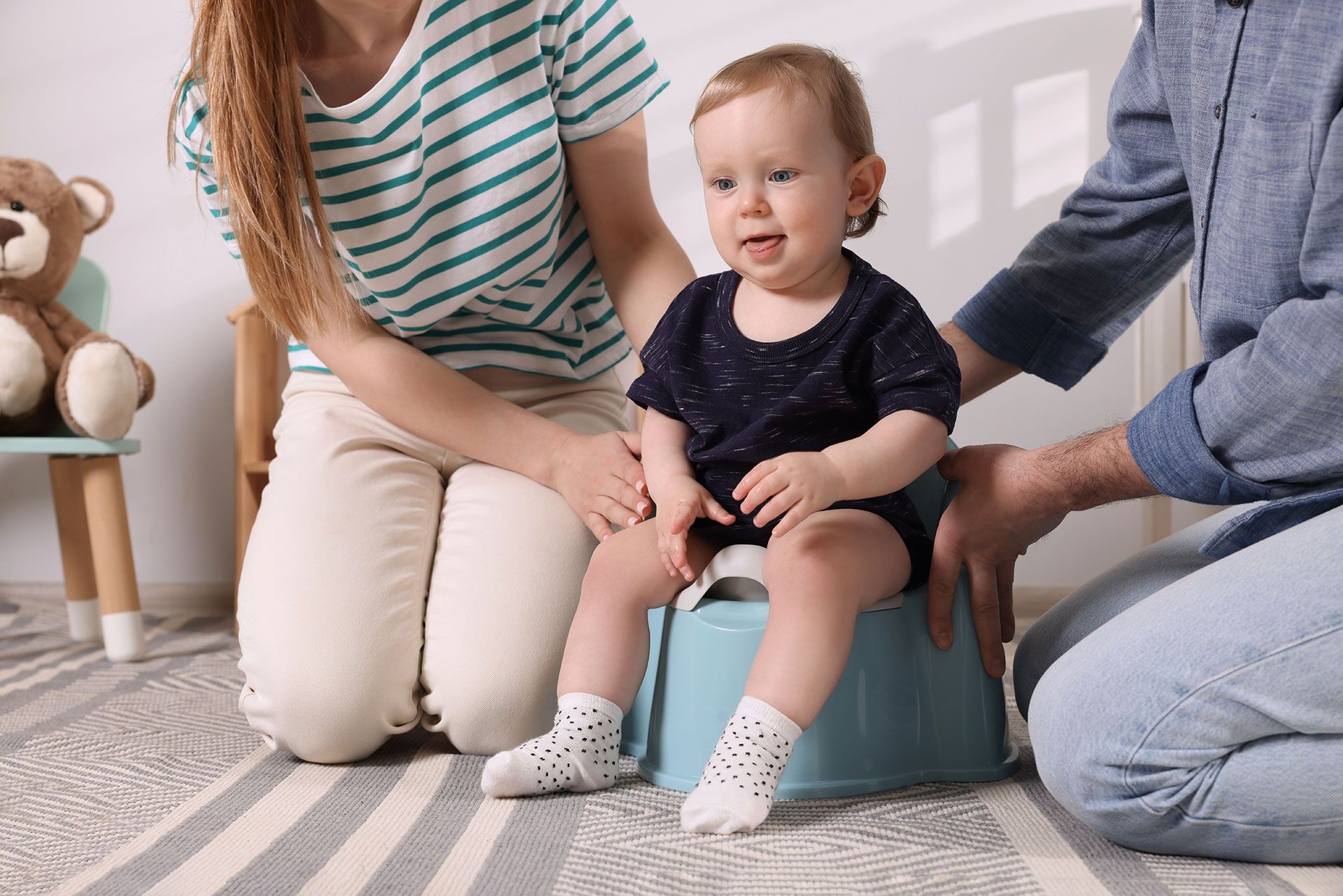Blue Monday
Its already 3 weeks into January 2019. This means the majority of resolution makers should already be seeing some weight loss, have quit smoking, are saving money, have quit cursing, or whatever chosen change-for-the-better has been going well. The world should feel a little lighter, sun brighter, and people are very happy, right? We’ve had almost 4 weeks since Christmas, which feels like a lifetime ago, yet they have flown by and many well-intended resolutions to change have either not started or have already been broken. Did you make any resolutions, and if so, how’s it going? If you have had trouble keeping your resolutions to get healthy or focus on wellness you are not alone.
Breaking resolutions is as common as the custom of making them. In fact, Blue Monday, the third Monday in January, is said the be the saddest day of the year with broken resolutions being one of the handful of criteria that determined this date. We start hopeful, imagining ourselves feeling good and living a healthier lifestyle. We truly want that for ourselves, and we sometimes equate that desire with motivation. However, when it comes to executing the steps necessary to become healthier, to focus on wellness, our motivation is lacking. We then feel guilty, or like we’ve failed, or like we can’t achieve our goals. The feelings associated with breaking our resolutions further distance us from the wellness -focused lifestyle we desire and make getting motivated harder than before. Does this sound familiar? It is very common, and the good news is you can become motivated, achieve your goals, and resolutions can be started fresh at any time.
In order to be successful at making big changes we must have a mindset which is ready for the change. This isn’t easy! There is an entire field of study on health psychology which examines how biological, social and psychological factors influence the choices we make about our health. It looks into the motivation needed to make these changes and the experts in this field are aware of the intersection between our behavior and our health. This isn’t like your trainer at the gym or your accountability buddy on your walking app.
The total wellness package offered by The Woodlands Behavioral Health and Wellness will help you identify your own lifestyle goals and then begin to work with you on your own stage of readiness, taking advantage of the motivational stages of change, with the end goal of sustaining your new healthy lifestyle. Dr. Marcia Baker, with an extensive background in health psychology, utilizes the strategic motivational techniques to successfully identify your own personal plan for wellness. A plan specific to you and one you’ll complete. Are you really ready to make the change? If so, there is a way to do it and there is help to ensure your success. Blue Monday, or any Monday, can be the day to start fresh with support and knowledge.
Marcia Baker, Ph.D.









